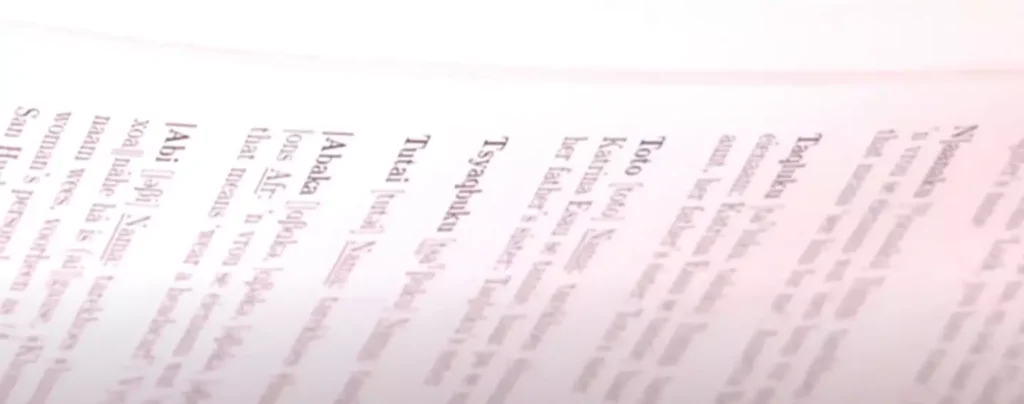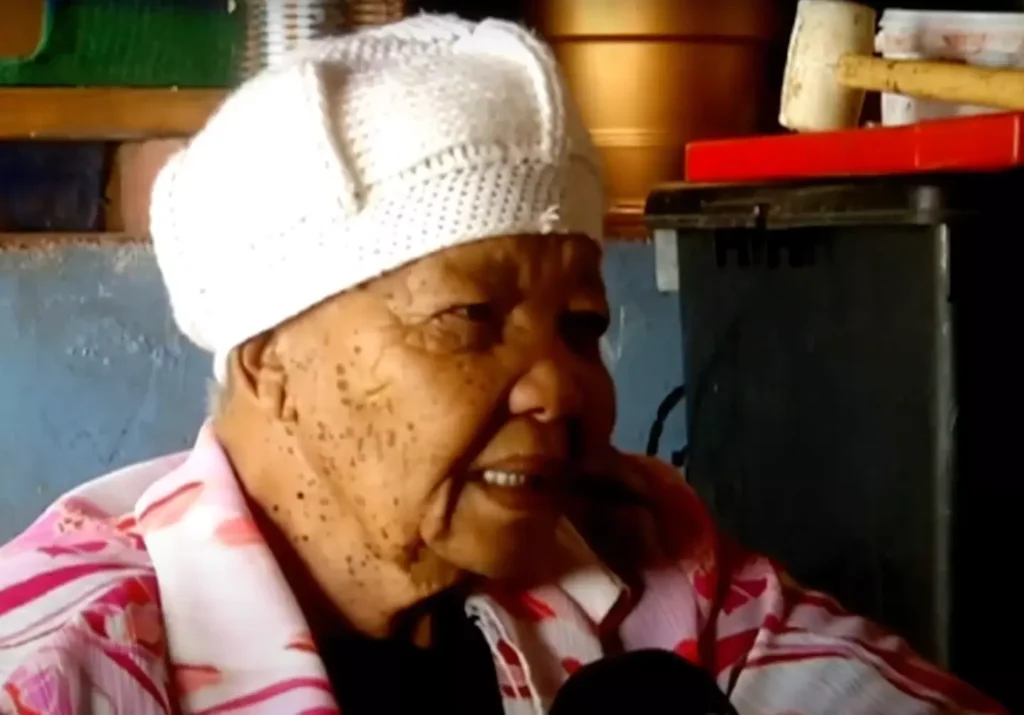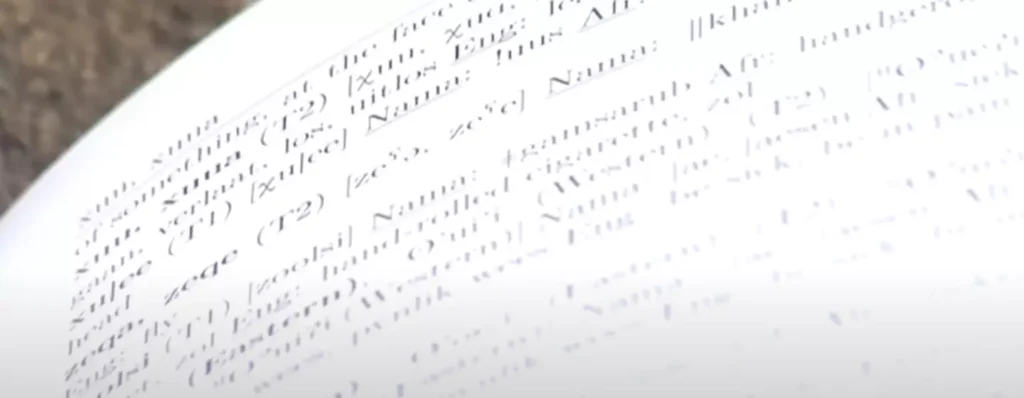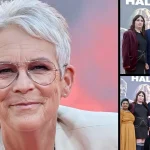A language with a history spanning over 20,000 years is now in danger of extinction.
N|uu, pronounced with a clicking sound between the ‘N’ and the ‘uu’, is the world’s most endangered language. Currently, there is only one fluent speaker left, Ouma Katrina Esau.

A written dictionary of N|uu has been completed. (YouTube/SABC News)
It is a click language originating from the San people, indigenous hunter-gatherers of southern Africa.
It originated from the ǂKhomani people, who hailed from the southern Kalahari, a savannah located at the modern-day borders of Botswana, Namibia, and South Africa.
There is scarce written evidence of the language in history because it was primarily spoken. Additionally, during the British Empire’s colonization of Africa in the 19th century, people were often punished or even killed for using it.
The language was driven underground, with many people unwilling to speak it in public. This changed in the 1990s when Dr. Nigel Crawhall, a sociolinguist, and the United Nations made efforts to revive it.
A total of 25 people initially came forward, claiming fluency in N|uu. However, by December 2021, only one, Esau, remained.

Ouma Katrina Esau is the only fluent speaker of N|uu. (YouTube/SABC News)
African Tongue is a professional linguistic consultancy that collaborates with contemporary speakers of endangered languages like Ju, Tuu, and Khoe in southern Africa to create creative and educational resources.
Linguist and director of the organization, Dr. Kerry Jones, spoke to IFLScience, detailing the history of the language.
She stated, “The 90s marked a significant turning point where people began to feel safe coming forward.”
“We had elderly individuals coming forward, saying, ‘I’m going to die soon anyway, so it’s alright. I’m not actually ‘coloured’; I’m San. And I can prove it because I still speak the language.’ Language became crucial in confirming their identity.”
“People used to freely move through the entire region between South Africa, Namibia, and Botswana. Then suddenly, authorities began erecting fences and requiring identification and passports.”

Esau worked with her local community as well as Dr Kerry Jones to help revive the language. (YouTube/SABC News)
“This marked the beginning of decline in a sense, as it began to divide people. Families were torn apart.”
“In an effort to revive the language, Esau has been teaching her granddaughter and collaborating with Dr. Jones to preserve N|uu by developing a digital dictionary.”
“Since May, for the first time in decades, the language has been taught to younger generations, with Esau visiting local schools to teach children the basics of the click language.”
“Dr. Jones added, ‘Her granddaughter, Claudia, can speak the language—not fluently, but as an additional language. Claudia is literate, whereas Ouma Katrina is not, so between the two of them, it’s a good combination.'”





